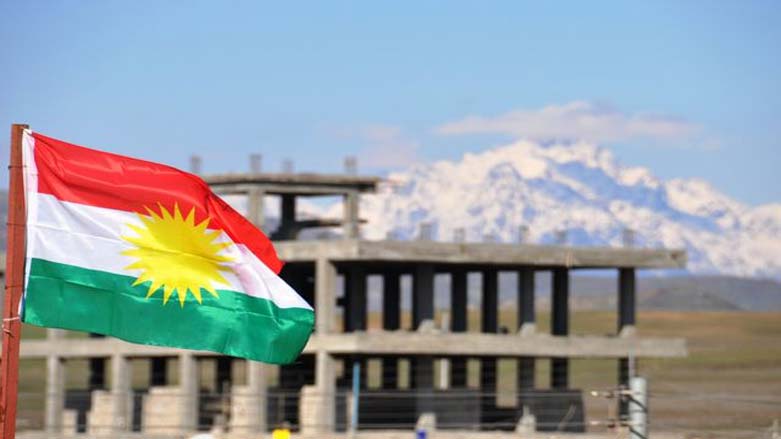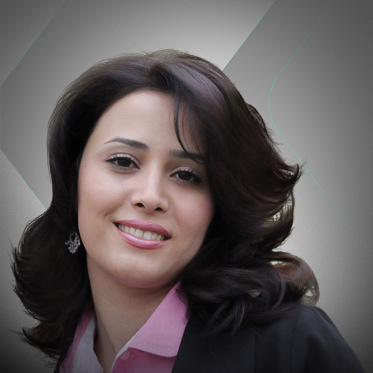Kurdish Independence: Progress, Justice, and Stability

As a result of whimsical border redrawing post-World War One, Kurds have repeatedly been victims of massacres, genocide, linguicide, and have fallen victim to countless other tragedies for over a century. Bombings, chemical gas attacks, hangings, forced displacement, forcible assimilation, incarcerations, and torture has become part of the Kurdish national narrative and reality.
Rather than seeking revenge, Kurds are seeking peace. A Kurdish state will help pacify and help bring about peace to the Middle East, a region continually brewing in turbulence. Peace is ultimately beneficial not only for the residents of the Middle East but also for Western countries. The so-called Islamic State (IS) is taking over large swathes of land in Iraq and Syria, committing massacres against Christians, Yezidis, and other minorities, recruiting foreign fighters, turning women into sex slaves, and publicly beheading journalists and other captives.The Middle East has seen unimaginable horror unleashed.
Turkey is also suffering from emerging political and ethnic tensions as the peace process between the State and the Kurdistan Worker's Party (PKK) has all but ceased, and recent terrorist attacks have explicitly targeted the Kurdish population, even outside of the Kurdish-majority southeast region.
As such, instability and fear have affected the daily lives of civilians in the Middle East. Many have lost their homes and have been made refugees or displaced internally and forced to live in dire, heart-rendering conditions.
Such regional instability affects the Western world as well. Although humanitarian crises have been going on for many years, it did not receive proper attention until refugees and migrants began entering Europe. The recent flood has served as a wake-up call for Europe, its leaders, and its populations that more is needed.
The Kurdistan Region of Iraq has housed millions of refugees and IDPs, and Kurdish fighters in the KR and Syrian Kurdistan (Rojava) have combatted religious extremists fearlessly and competently while neither the Iraqi nor the Syrian armies have been nearly as effective.
If Kurdish forces fighters in Iraq and Syria had not entered the fray when they did, more innocent lives would be lost, and an even greater number of civilians would be displaced and headed toward Europe and beyond.
Thus, the most active forces against extremism—Kurds—deserve recognition and can be relied upon in the future as well. Having a state of their own will help Kurds further achieve their goal by bringing peace closer to the region.
Moreover, in the last decade or so, the US has been facing a clear shortage of allies in the Middle East and Iraqi Kurds, with their more progressive values and dedication to battle extremism, have made reliable and effective allies for the United States in particular and the West in general.
Unlike another ally of the US—Saudi Arabia, Kurdistan is moving towards democracy; and unlike NATO member Turkey, the Kurdistan regions in Iraq and Syria are known to be safe havens for different religious and ethnic minorities that have been targeted by extremists.
Hence, Kurds have taken concrete steps in achieving peace and attracting as well as maintaining reliable allies.
It is also crucially important for Washington to adopt a significantly different political approach in dealing with the Syrian crisis. Russia and Iran have intensified their support for embattled President Bashar al-Assad and have increasingly been assisting his regime in its battle against IS. As such, Obama’s slow and cautious fight is no longer a viable approach.
Russia’s direct involvement with the chaos in Syria empowers the Shiite front in the region, stretching west from Iran through Syria and Lebanon, which promotes further sectarian antagonism.
On the other hand, US allies (Saudi Arabia, Turkey, Gulf countries) have been reluctant to fight their fellow Sunnis in IS. IS will not become eradicated by strengthening Shiite regional power, and although both Russia and the US are combating IS, their allies’ objectives run contrary to each other.
In such a political deadlock, Kurds have carefully avoided taking part in Shiite–Sunni sectarianism while effectively fighting IS.
Given the fact that neither Iraq nor Syria are any longer viable states—they are failed or failing states—supporting an independent state for Kurds in Iraq is Washington’s best choice to battle IS without deepening sectarianism.
By supporting an independent Kurdistan, the US can out-manoeuvre the Assad-Putin-Khamenei alliance while simultaneously sidestepping the lack of resolve of their Sunni allies in dealing with extremist Sunnis in Syria and Iraq.
The US is trying to conserve an already shattered Syria and Iraq and legitimizes Turkey and Iran’s disagreement with the existence of a Kurdish State. Instead, the US should fully support Kurdish independence since this will effectively bring more peace, stability, and democracy to the region. Turkey or Iran will not be able to attack a fully backed Kurdish state.
Even though the semi-autonomous Kurdistan Region is still progressing and needs further support to achieve its democratic ideals, it has a much better human rights record than other neighboring countries in the region and international human rights organizations are working in tandem with the democratizing Kurdistan Regional Government.
The most effective forces against IS barbarism is also the most progressive group in the Middle East. Kurds have a claim to independence as much as Kosovo, East Timor, or South Sudan. Preserving shattered countries at the expense of Kurds is cynical, immoral, and politically unfeasible.
In its inertia and political double-standards, the US is refusing to do what is strategically and morally crucial for the West and the turbulent Middle East. A country that proudly celebrates its independence every year cannot continue to overlook Kurds’ rights and desires to do the same. If continued in the same manner, President Obama will increasingly alienate a potential ally in the region that unlike many other US allies in the region, Kurdistan strives for peace and stability.
